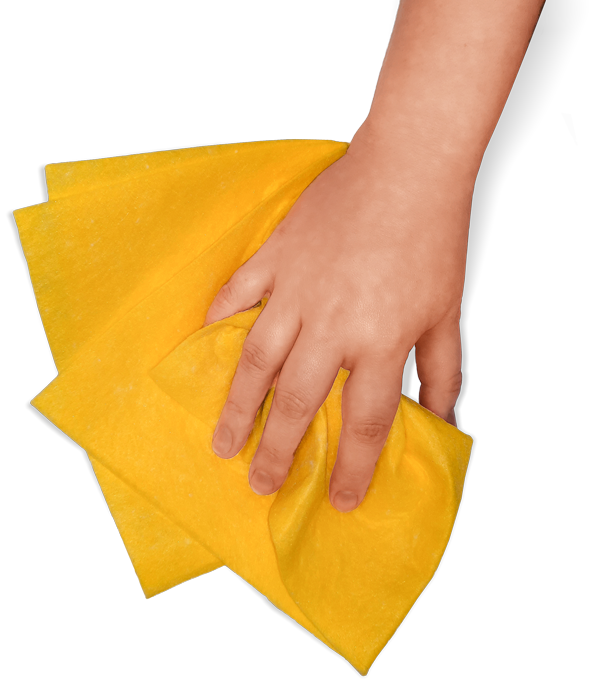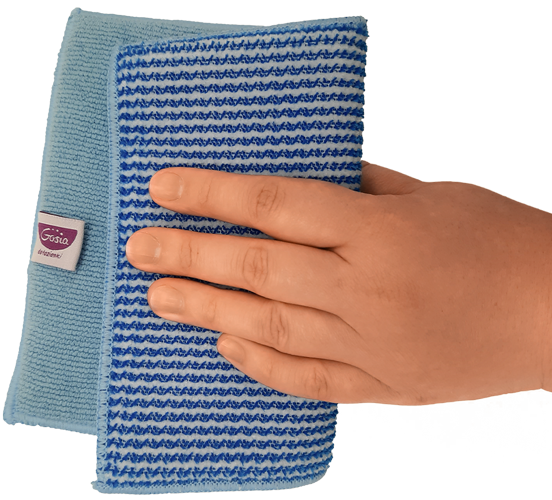COMMUNICATION IS THE FOUNDATION
Talk about who is planning to do what and when at home and what has already been done to avoid misun-derstandings. Tell the other person if you are not entirely satisfied with something – you will surely find a solution that will be mutually beneficial. Family meetings are a good practice, during which all household members sit at the table, talk and plan in a pleasant and friendly atmosphere.
FLEXIBILITY IN THE DIVISION OF TASKS
You will achieve better results if the division of tasks is not rigid. Why? Routine can frustrate you and make you more discouraged from completing your tasks. In addition, if you alternate tasks, you can also share experiences, improve your work, and improve your relationships along the way.
MUTUAL UNDERSTANDING – DO NOT START WITHOUT IT!
Understanding the other person, empathizing with their situation and mutual respect are of great im-portance in building healthy family relationships also in the context of taking care of the home. Each of us has the proverbial ‘bad days’ when we are less eager to act and more susceptible to any negative stimuli. If you are understanding to others, the other party will pay you back with the same. Remember not to hold grudges against each other. Be attentive and open to conversation. Theoretically, it’s simple, isn’t it? ?

INVOLVING CHILDREN IN HOUSEHOLD CHORES
We all know the saying ‘As the twig is bent, so grows the tree’. Therefore, try to involve children in simple, age-appropriate activities around the home. The youngest children can do the dusting or clear dirty dishes from the table, older ones – vacuum, make sandwiches to school or take out the rubbish, and teenagers, after a short instruction, will surely be able to do the laundry, clean the floor, make a simple dinner or salad. If an activity is difficult, to start with we can ask the child to assist us, this way they will gradually become independent in this area.
Teaching your children to participate in household chores will surely pay off when they grow up, they will thank you for it. Just remember that parents need to lead by example because our children are watching us throughout their childhood and it is from observation that they get most of their behaviours. Show them that sharing household chores brings benefits in terms of successful relationships!

PATIENCE PAYS OFF!
Regardless of whether we are teaching a partner or a child to perform a given activity, it will require a lot of patience. After all, not everything turns out perfectly right away. If we stay calm, the person we are teach-ing will understand more quickly what we are trying to convey and at the same time will not be discouraged from performing the task for the first time. Thanks to patience the mood of the household will also im-prove.
Important note: Laughing (especially at a child) or yelling at them will almost certainly cause negative asso-ciations and you will get the opposite effect. Trade it for patience and praise and you will notice an im-provement!

BETTER TO ASK THE WAY THAN TO GO ASTRAY
There is not one person in the world who knows everything and can do everything. Each of us has different talents, predispositions and skills. Therefore, don’t be afraid to ask if you don’t know something or ask for help. Better to ask if it is a good idea to throw various coloured clothes into the washing machine than to notice after washing that your favourite T-shirt has turned pink. Better to ask which cleaner to use to clean a decorative plate than to look at scratches on it for the rest of your life. Better to ask for help in seasoning your chicken than to eat it with no enjoyment afterwards. You know what I’m talking about, right? ?

CREATIVE APPROACH TO THE MATTER
Children are more likely to help you with cleaning or cooking if you prepare for it a bit earlier and come up with some interesting, creative tasks. They will happily decorate the cake with chocolate, count the cutlery and plates as they put them in the drawers or arrange books according to the colour of their covers. In turn, adults (especially men, but not only) like all kinds of gadgets that make work easier and make cleaning or other household activities less unpleasant. For example, a double-sided cleaning cloth for the bathroom can make someone start to like cleaning the bath or shower!

STEP BY STEP
If you are trying to share household chores equally among family members but despite trying many times it is not working out for you, try the little steps method. Kasia Sawicka talked about it during our webinar. The idea is to start with one small room and divide all the required cleaning work. You can start for example with the hallway: one person regularly sweeps and cleans the doormat, someone else looks after and arranges things in the wardrobe, someone else waters the flowers and someone else organizes shoes and puts away spare pairs.
When order is achieved in that one room and you find that taking care of it hand in hand with your family is really working, you can take the next step and start share tasks, for example in the living room.

SMALL REWARDS
You may associate rewards with bribery, but we are talking here about really small rewards and not neces-sarily material ones. It could be a family trip, an evening with board games or going out for ice cream to-gether. Unexpected rewards also work well – the joy of receiving them is even greater and it is remembered for a longer period of time.
You can also reward yourself. For completing a more demanding task, e.g. cleaning all windows or thorough cleaning of the garage – we can for example reward ourselves with a hot bubble bath with a good book. ?
INDEPENDENCE
It is important that each of the members of a household (not including young children) is able to take care of the house on their own in the event of an unforeseen emergency situation. So, share what you do on a daily basis so that if necessary, you can rise to the occasion and be able to proudly say that the house is taken care of.

SPARE TIME – THERE IS SOMETHING FOR EVERYONE!
Don’t forget that when you finish your housework, it’s a good idea to relax and rest, remembering that rest means something different to everyone. Some people watch a movie or play board games together while others disappear in the bedroom and read a book. The point is not to impose your chosen form of rest onto others. Some people prefer to rest together, others need some time alone – the before mentioned book, a walk or going to the gym. If you agree on what you will be doing (together or separately) later when you plan the division of labour for the day, taking care of the house hand-in-hand will really become enjoyable!
DO IT TOGETHER!
If you get into the habit of planning and taking care of the house together, your family relationships will only benefit from it. You’ll have more spare time, more fun with your time together and more reason to commit to your daily chores – because you’ll be doing them TOGETHER!
 WITH GOSIA
WITH GOSIA



















